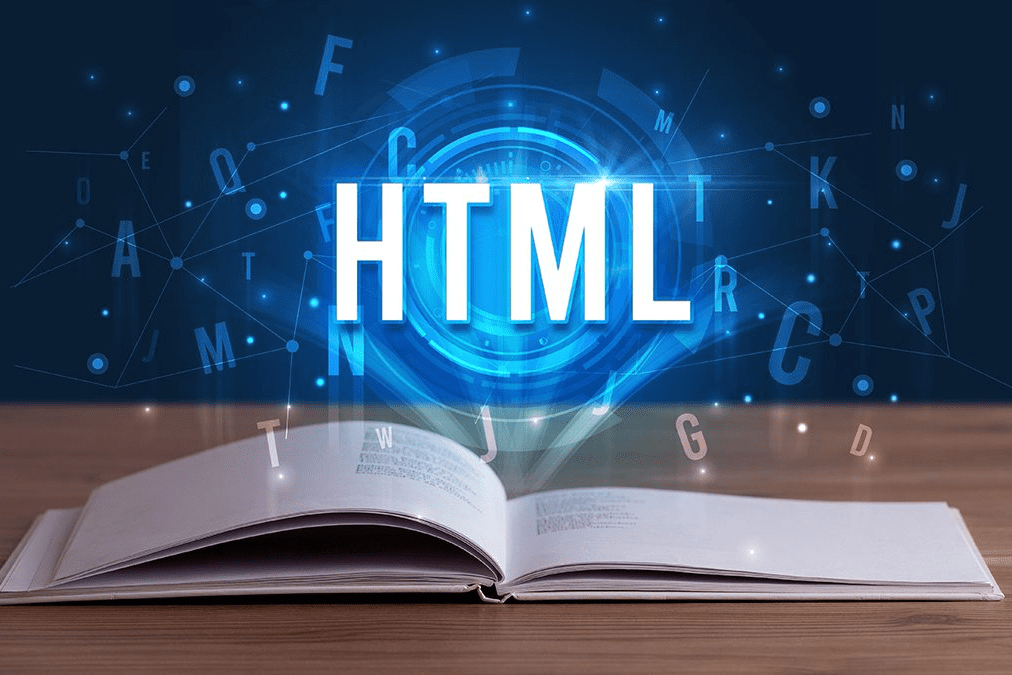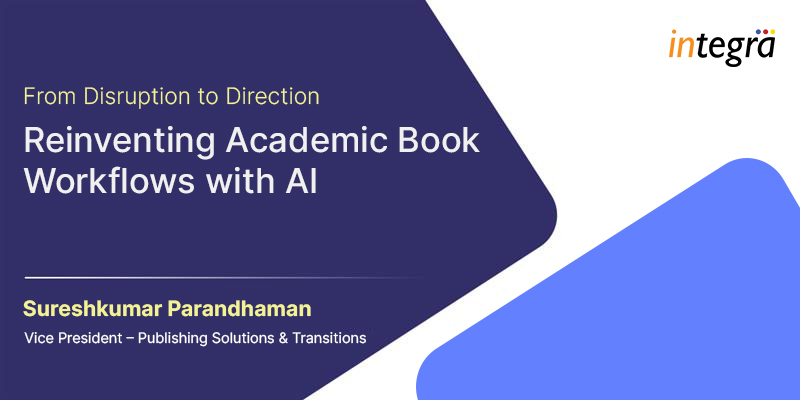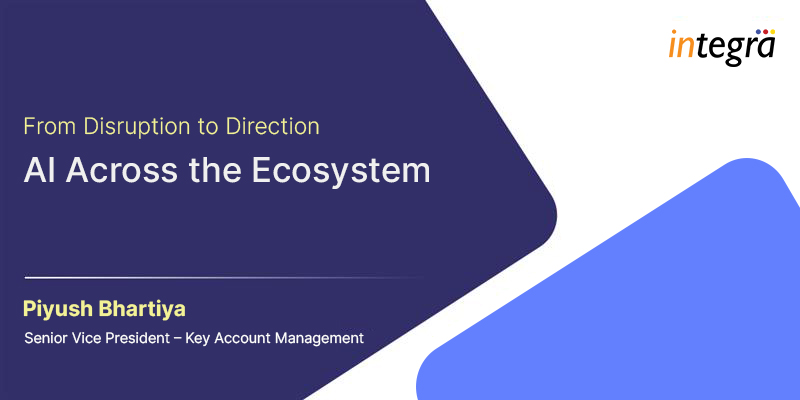Simplify, Streamline, Succeed: Why You Should Choose an Online HTML Editor?

HTML is the preferred language for online publishing because it is incredibly easy to learn, simple to use, and can be extended effortlessly with XML and CSS. The digital publishing industry has embraced HTML with open arms to accelerate operations. It helps simplify content creation, streamline workflows, and seamlessly deliver high-quality content. Read on to learn why every ePublisher should have a powerful HTML editor in their arsenal.
An HTML-based content editing tool offers multiple business benefits, such as:
1. Time and Effort Savings
HTML is free, as are its complementary languages, CSS and XML. This cuts down technology costs for ePublishing companies. Since HTML files are lightweight, they require less server storage space and loading time. HTML editing tools also reduce manual labor for data integration. All this improves productivity and cuts down time to market.
2. Responsive Design and Interoperability
HTML is compatible with all screen sizes, platforms, and search engines. It is easy for search engines to access, crawl, and index HTML content. Additionally, semantic coding ensures indexing accuracy. Markup tags reduce loading time, improving user experience. Using HTML-based editing tools allows publishers to optimize content for diverse browsers. HTML editors facilitate ease of augmenting designing and customization for different types of content since HTML is compatible with almost every digital content development tool. Most importantly, HTML is the official language for ePub – the online publishing standard. Therefore, using HTML editors inherently ensures compatibility with global standards.
3. Version Control and Revision History
Storing and managing workflows is easier too. This eliminates the need for a third party-based content management system. This also eliminates the need for backward compatibility if the HTML-powered editing tool gets an upgrade. This also means that the editing tool remains reliable over the long term, without the need for regular investments.
4. User-Friendly Interface
This optimizes costs and time for the entire process of production, updating, development, customization, and distribution. Once loaded, content can be viewed offline as well. This makes it easy to quickly deploy the platform and streamline workflows. Some of the most beneficial seamless features that improve user experience include native multimedia storage with a cloud-based publishing solution, font embedding, and zoom-in and out controls.
5. Accessibility and Collaboration
All browsers support the language, giving the content greater visibility and ease of accessibility. The ease of supplementing HTML with XML and other web publishing add-ons facilitates the creation of interactive and multimedia content. It also simplifies content sharing and cross-linking with data repositories. Additionally, HTML inherently facilitates the separation of content from structure, ensuring that workflows across content creation, designing, styling, and publishing are streamlined.
Integra’s iEnrich is an HTML based editor that allows collaboration and simplifies the workflow, iPubEdit is an ML/NLP-powered, cloud-based technical editing solution. It facilitates the integration of journal-specific validations and is independent of traditional editors like MS Word. This allows independent content design and management. Advanced auto structuring with an accuracy of 92% frees writers from the complexities of publishing-ready design. Contact us to learn how adopting a complete digital editing and publishing solution can transform your ePublishing experience.
Recent Blogs

Research Integrity vs. Publication Integrity: Clarifying Responsibility in Scholarly Publishing

From Disruption to Direction: Reinventing Academic Book Workflows with AI


